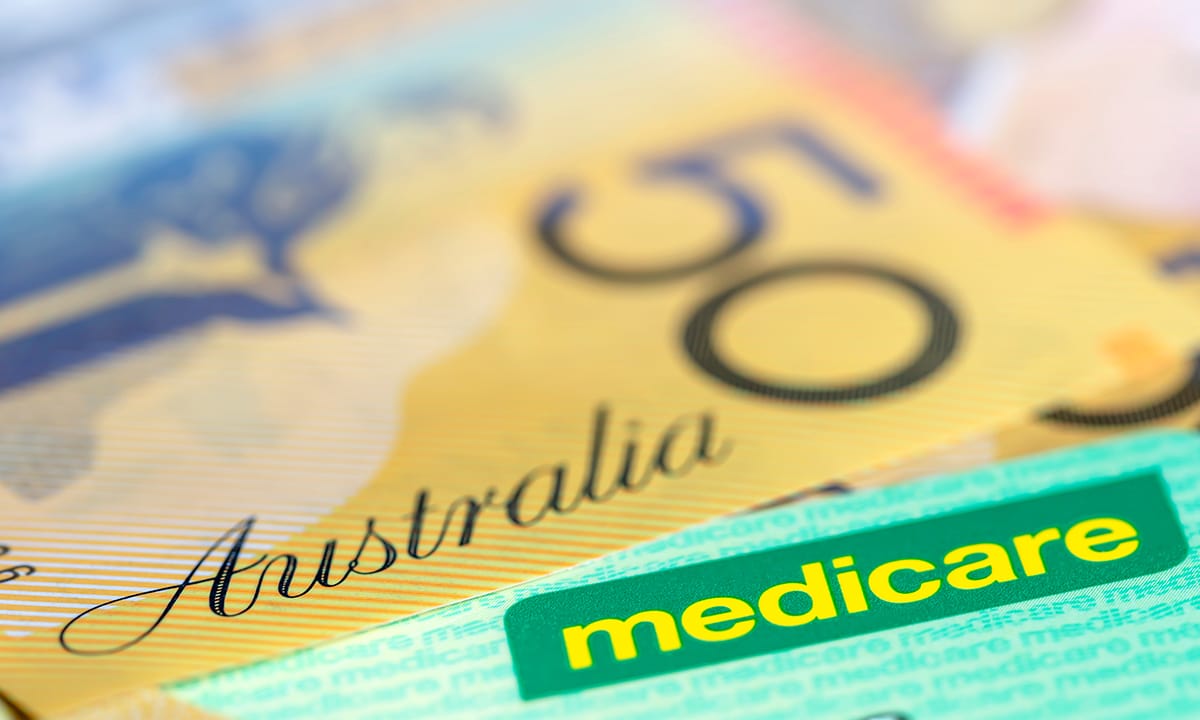Expat communities in Australia are thriving, diverse, and increasingly vital to the country’s social, cultural, and economic fabric. From the high-rise bustle of Sydney to the artistic heart of Melbourne and the sunlit suburbs of Brisbane and Perth, these communities are more than just clusters of foreigners adjusting to a new land — they are dynamic contributors reshaping modern Australia. With over 30% of the Australian population born overseas (Australian Bureau of Statistics), the country ranks among the most multicultural nations in the world. This growing diversity is mirrored in local economies, city infrastructures, and national celebrations, giving expats both visibility and influence.
In cities like Sydney, where 42% of the population is foreign-born, expats are drawn by strong job markets, world-class universities, and a cosmopolitan lifestyle (NSW Government). Melbourne follows closely, offering a globally recognised arts scene, affordable education, and inclusive policies that welcome newcomers (Live in Melbourne). The tech boom in Brisbane and the mining industries in Perth have also created new migration corridors from countries like India, South Africa, and the Philippines, reflected in the city’s evolving food scenes, language schools, and local festivals (Brisbane City Council, WA Government).
Cultural integration is not just visible through demographics — it’s alive in the streets. Annual events such as Diwali in Melbourne, Lunar New Year in Sydney, and Africa Day in Brisbane bring communities together in colour, sound, and shared experience. These events, supported by organisations like the Victorian Multicultural Commission and the City of Sydney, offer expats the chance to celebrate their heritage while introducing it to their Australian neighbours. It’s a two-way exchange that adds texture and humanity to the broader national identity.
Still, the journey isn’t without its challenges. Navigating visa policies, dealing with housing affordability, and confronting language barriers can be daunting. According to Home Affairs Australia, over 800,000 temporary visa holders currently live in Australia, many of whom face bureaucratic hurdles in securing permanent residency or employment. Mental health is another significant factor, with groups like Beyond Blue highlighting a 1.5-times higher rate of anxiety and depression among new migrants during their first five years. These realities underscore the importance of expat support networks, both formal and informal, which offer emotional resilience and practical advice across platforms like SBS Settlement Guide.
Despite obstacles, expats are shaping Australia’s future in meaningful ways. Over 30% of small businesses in the country are founded by migrants, according to the Department of Industry, Science and Resources, enriching the economy with fresh ideas and global perspectives. Education is another channel where expats shine: Australia’s international student market generated $36 billion in 2023, with many graduates staying on to contribute to STEM, healthcare, and creative sectors (Study Australia).
Whether through innovation, food, festivals, or grassroots activism, expat communities in Australia are more than newcomers — they are catalysts for cultural expansion and societal transformation. As Australia continues to evolve, these communities remain central to the story of who we are and who we are becoming.
Thriving Expat Hubs Across Australia
Sydney: A Global Melting Pot
Sydney remains a top destination for expats, with over 42% of its population born overseas, according to the Australian Bureau of Statistics (ABS, 2023). Popular among professionals and entrepreneurs, the city offers robust job markets in finance, tech, and media. Expat communities in Australia often view Sydney as the ideal blend of coastal living and urban opportunity. Its diverse suburbs like Parramatta, Chatswood, and Inner West cater to various cultural communities, including large Chinese, Indian, and British populations.
Melbourne’s Multicultural Magnetism
Melbourne, often ranked as one of the world’s most liveable cities, is home to over 2 million residents born outside Australia, making up approximately 38% of its total population. Known for its cultural festivals and café culture, Melbourne is a hub for European, Southeast Asian, and African expats. The city’s public transportation, vibrant arts scene, and educational institutions make it particularly attractive for families and students within expat communities in Australia.
Brisbane’s Growing Global Appeal
Brisbane has seen a 15% increase in its migrant population over the last decade, with major growth from Indian, Filipino, and South African expatriates. The city’s affordability compared to Sydney and Melbourne, along with its subtropical climate and expanding infrastructure, makes it an emerging hotspot for international families and professionals.
Perth: Gateway to the Indian Ocean
Perth’s relative isolation hasn’t hindered its appeal. With nearly 40% of its residents born overseas—especially from the UK, New Zealand, and South Africa—Perth offers high incomes, especially in the mining and energy sectors. The Western Australia Skilled Migration Occupation List (2024) includes over 200 eligible professions, attracting skilled expats seeking long-term settlement.
Cultural Celebrations and Global Flavours
Lunar New Year in Sydney’s Chinatown
Each February, Sydney’s Chinatown transforms for Lunar New Year, drawing over 1 million visitors. This celebration highlights the vibrancy of Asian expat communities in Australia. With lantern displays, dragon parades, and food markets, it reflects the strong Chinese and Southeast Asian presence in the city.
Diwali Lights Up Melbourne
Melbourne’s Federation Square hosts Diwali annually, welcoming over 60,000 attendees. Sponsored by the Victorian Multicultural Commission, this festival showcases Indian music, dance, and cuisine. It reflects the city’s growing Indian diaspora, which now accounts for over 4% of Melbourne’s population.
African Music and Food Festivals in Brisbane
Brisbane’s Africa Day Festival, held every May, features traditional music, storytelling, and a vibrant food market. The event highlights the increasing influence of African expats, with the city hosting over 40,000 residents of African origin as of 2023. These cultural expressions enrich the larger fabric of expat communities in Australia.
Middle Eastern Delights in Adelaide
Adelaide’s Multicultural Festival sees strong participation from Lebanese, Syrian, and Iranian communities. Local bakeries, spice markets, and kebab stalls become focal points during this event. Over 20,000 Middle Eastern-born residents contribute to the city’s culinary diversity, and food remains a key connector for expat communities in Australia.
Challenges and Triumphs of Starting Over
Navigating Visa and Work Rights
For many expats, navigating Australia’s visa system remains a major challenge. As of 2024, over 800,000 temporary visa holders are residing in Australia. Delays and complexities in employer sponsorships and residency pathways often create uncertainty for new arrivals within expat communities in Australia.
Overcoming Language Barriers
Although English is the national language, many expats—particularly from Latin America, China, and the Middle East—report difficulties with fluency. According to the ABS, over 820,000 Australians speak little to no English, limiting access to employment and public services. Community language classes and translation services have become vital lifelines.
Finding Affordable Housing
Sydney and Melbourne remain among the most expensive cities in the world. The average rent in Sydney hit $750 per week in 2024, according to CoreLogic. For newly arrived expats, high housing costs often lead to shared living or relocating to outer suburbs. Affordability is a persistent issue across most expat communities in Australia.
Emotional Adjustment and Mental Health
Adjusting to a new culture, climate, and pace of life can take a toll. A 2023 report by Beyond Blue found that migrants are 1.5 times more likely to experience depression or anxiety in their first five years. Emotional support groups within expat communities in Australia are increasingly offering resources and safe spaces for connection.
Building Bridges: How Expats Shape Australian Society
Entrepreneurship and Small Businesses
Expats have founded over 30% of Australia’s small businesses. Indian, Chinese, Vietnamese, and Lebanese entrepreneurs have contributed significantly to the economy through restaurants, tech startups, and service-based industries. These ventures often serve as cultural landmarks and hubs within expat communities in Australia.
Civic Participation and Advocacy
More expats are engaging in local government, advocacy, and social change. From town hall participation to grassroots community initiatives, expats bring fresh perspectives to Australian civic life. The Australian Electoral Commission recorded a 12% increase in registered migrant voters between 2019 and 2022, showcasing rising political engagement.
Education and Knowledge Transfer
International students, a large subset of the expat population, contributed over $36 billion to the Australian economy in 2023. Many stay post-graduation and enter high-skilled industries like healthcare, engineering, and academia. Their skills directly enhance innovation and knowledge systems across expat communities in Australia.
Enriching the Arts and Media
Expat filmmakers, musicians, and writers are influencing Australia’s cultural landscape. Events like the Melbourne International Film Festival and Sydney Writers’ Festival often feature artists from migrant backgrounds. Their works amplify diverse voices and broaden the narrative scope of Australian identity.
Fostering Global Awareness
Through cultural exchange programs, bilingual education, and international collaborations, expats are reshaping Australia’s global outlook. Schools across Sydney and Melbourne now offer bilingual curricula in Mandarin, Hindi, and Arabic, reflecting the linguistic heritage of expat communities in Australia. These educational initiatives promote inclusivity and global literacy.




